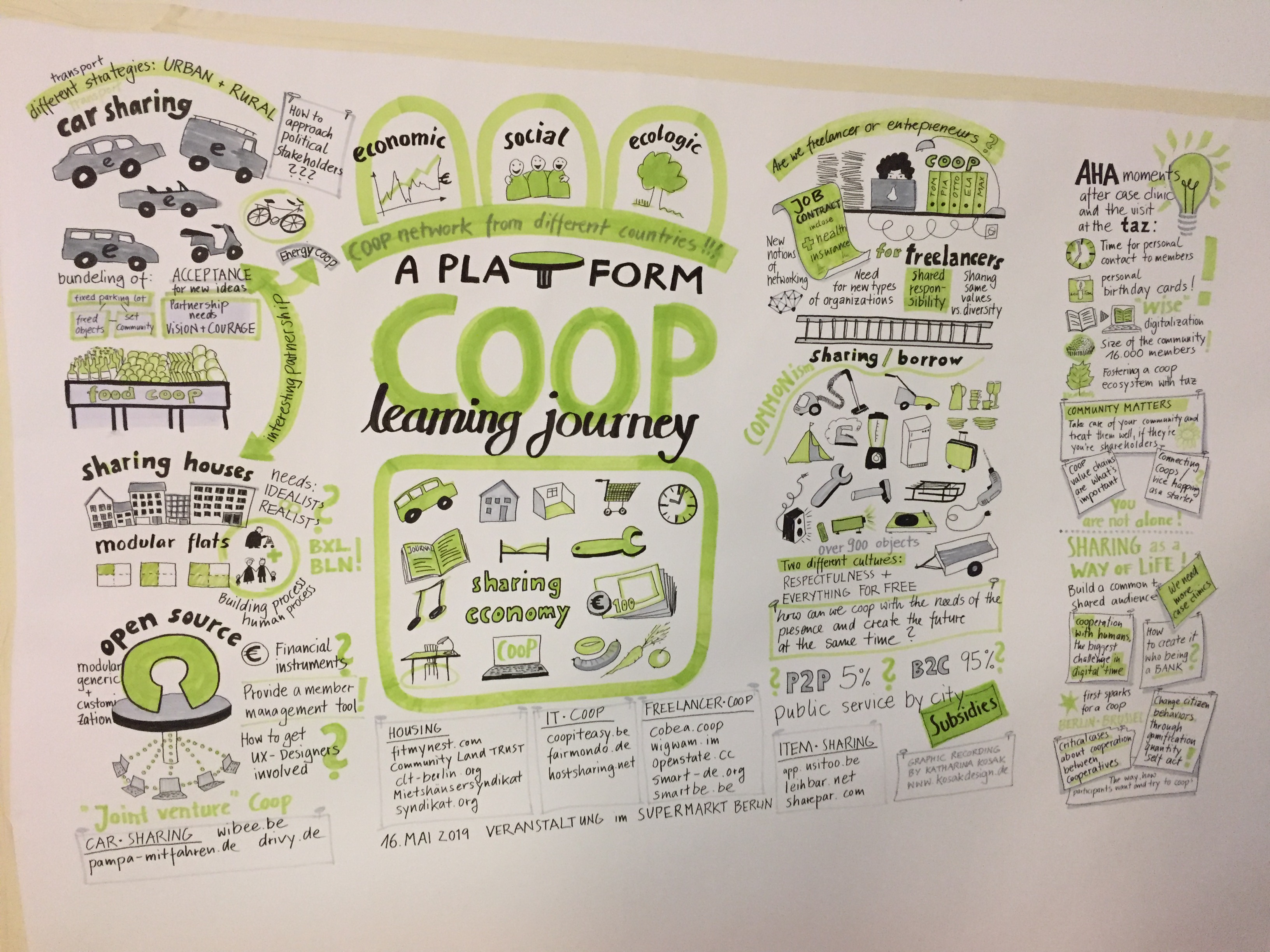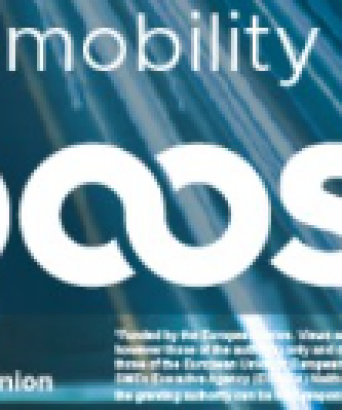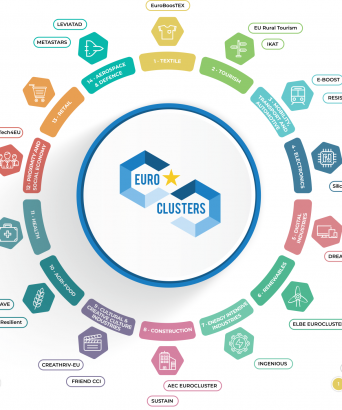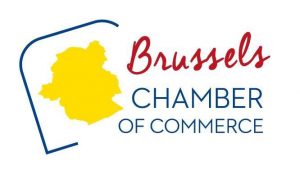On 16-17th May, the Brussels platforms Usitoo, Cobea Coop, Coop It Easy, FitMyNest and Wibee went to Berlin as part of the “Platform Learning Journey”.
Cooperative platforms are initiatives who wants to develop an alternative model to the sharing economy by involving the stakeholders (users, workers, service providers….) in their financing and management thanks to the cooperative model. They also look for generating common goods and positive externalities for the society.
The Platform Learning Journey was originally organised in the framework of the project Platform Coop funded by the Brussels Capital Region. Enterprise Europe Brussels c/o hub.brussels supported Platform Coop to strengthen the B2B meeting as part of the journey. It built on the learning and support provided as part of the EU-funded project EU-GIVE project about the collaborative economy. It joined forced with its EEN counterpart at Berlin Partners which is coordinating the other similar project EU-funded project BeShared. Berlin Partners collaborated with Supermarkt Berlin fostering platform coops, alternative financial schemes, transformation process and culture.
During this mission the 5 participants got to know the Berlin ecosystem during interactive workshop sessions with about 15 platforms in Berlin. They shared experienced and discussed similarities or differences, the institutional context, solutions to their difficulties and possible collaboration. Participants could also visit visited the cooperative newspaper TAZ, an old and successful cooperative.
The video of the event allows you to meet some of the participants.
Learnings from this journey were sum up in the graphic recording of Katharina Kosak:
 Image credits: Katharina Kosak
Image credits: Katharina Kosak
In particular:
- It is important to reconnect platforms with the territory in which they operate to bring back the value to the community.
- Cooperative needs both idealist and realists, it needed strong financial concept not to lose its idealist view and to include people with less means
- Cooperative gives a governance structure to involve members. But a challenge is to share responsibility to everyone and not just the main administrator. So, it is key to nurture the community, as done by TAZ, notably through personal contacts.
- An IT platform can help to scale up.
- The business model developed required patience and further improvement, exchanges among peers could help here.
- To measure the success of coop, a combination of quantitative and qualitative was envisaged as well as evaluation by peer instead of self-assessment which can be biased. New collaboration could be envisaged between carsharing coop, housing coop and energy coop
- Ideas for common projects included the development of a European network of cooperative fostering the development of a directory of European cooperative, the creation of a cooperative media, the collaboration with public authorities. But financial needs and external support were needed to develop such a European network.
- Another idea would be to reinventing workplace / coworking place in cities.
- The impact of the meetings of this journey were also assessed. At individual levels, some possible collaborations were also envisaged between platforms.
To sum up in one phrase: “you are not alone! sharing is a way of life”. More information about the learning will be published later on, so keep following us.





